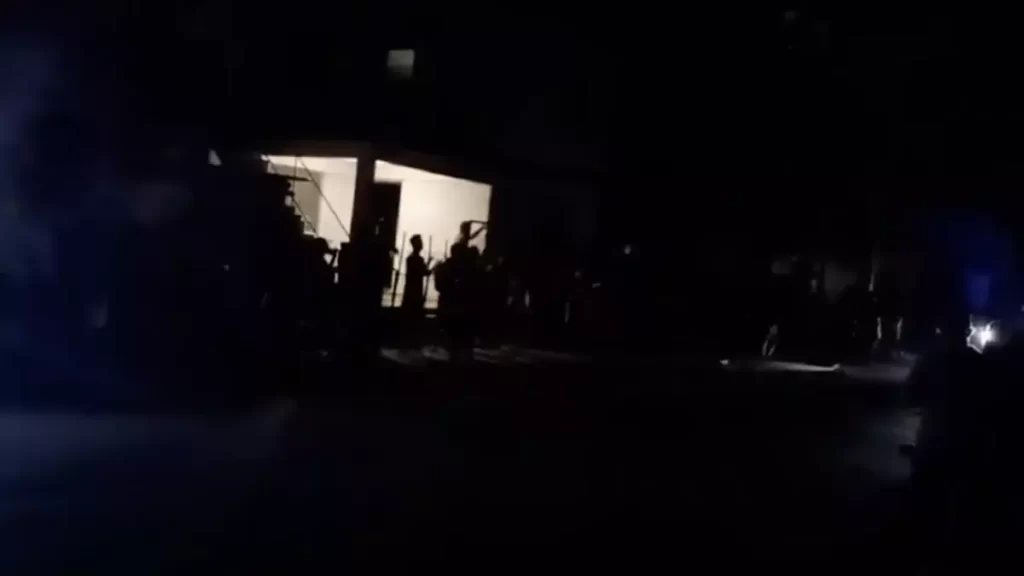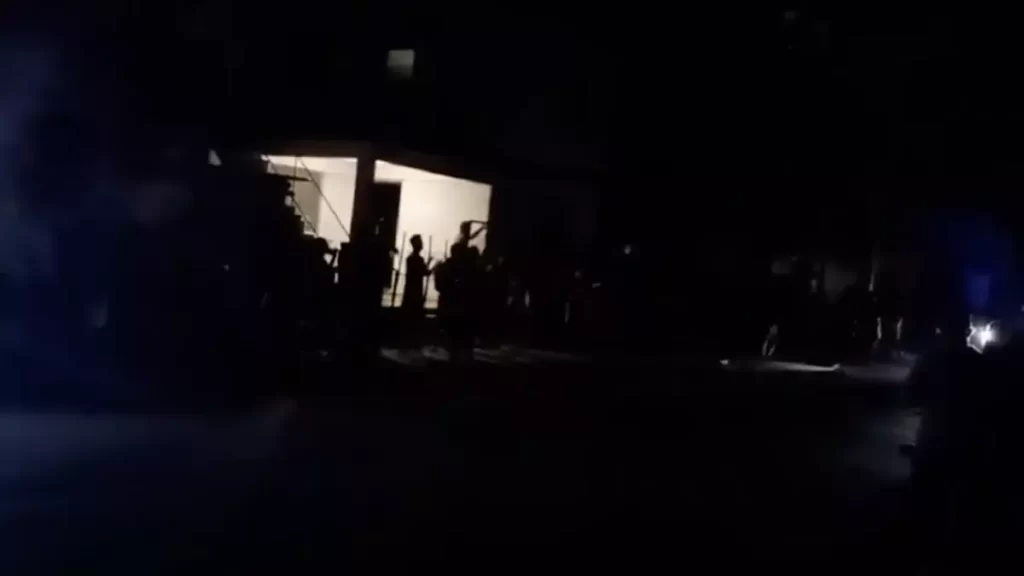
14ymedio, Havana, 17 March 2024 — “We want electricity, we want electricity!” In Holguín, they can no longer cope with the blackouts, and on Saturday night, a crowd went out to demonstrate by banging on pots and pans in the municipality of Cacocum. “People threw themselves into the street, and it was not four or five, but dozens,” a source tells this newspaper.
In the province, the power went off yesterday at six in the morning and, after seven at night, the residents’ complaints were widespread. “I’ve just been without power for 14 hours and 15 minutes. It’s abusive, with not enough time to make coffee in the morning, or lunch, or cook food, or have cold water, because when they put it on there’s not even time to make ice, you have to buy food on the street.” This is how Maidelys describes the litany of problems faced by the residents.
In the neighborhood of Loma de la Cruz, for example, the water has not arrived for days, says Manuel, due to the lack of power required to pump it. “When you have to buy purified water on the street, it’s a disaster,” he says. “People are buying that water, which is usually only for drinking, for everything, even for cleaning.”
“I’m in the dark again, and all the children in the families around me are crying. It hurts me to think that they and I, born in the 90s, will share similar childhoods; and that their parents, like mine, will have to grab fans to ward off the heat and the nocturnal terrors of their children.” This fragment is not from an opponent, but from an article published this Saturday in Girón, the Communist Party newspaper in Matanzas. Not even the official press can continue to gloss over the energy disaster that Cuba is going through.
Note to readers: a ‘nighttime’ video can see here. We were not able to insert it into this post.
Nor can the the Minister of Energy and Mines, Vicente de la O Levy, hide it. His statements to national television this Saturday fully show the “complex energy situation.” The minister assures that this Monday the Guiteras thermoelectric will go into operation in Matanzas, with a power of 280 megawatts, higher than what it had when it shut down for one more repair. However, he also warns that “the situation will remain tense.”
The “fundamental problem” pointed out by De la O Levy is “the issue of fuel.” According to his words, which do not specify whether the donations from Venezuela and Mexico have stopped, they are undertaking “an intense work and a great sacrif


